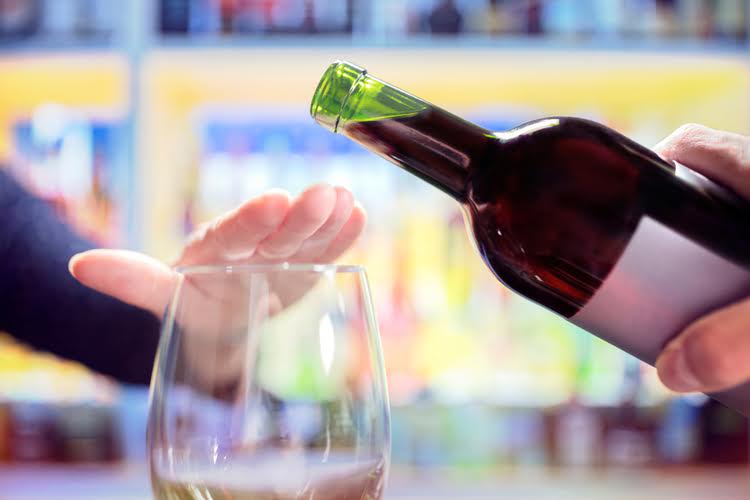SAMHSA’s working definition of recovery defines recovery as a process of change through which individuals improve their health and wellness, live self-directed lives, and strive to reach their full potential. Recovery signals a dramatic shift in the expectation for positive outcomes for individuals who experience mental and substance use conditions or the co-occurring of the two. Setting small, achievable goals can help you stay focused on the long term. Whether it’s attending a certain number of meetings, staying sober for a month, or improving your physical health, having something to work toward can provide motivation.
Build a Support Network
It involves developing coping mechanisms to deal with life’s challenges without resorting to substance use. Even those overcoming drug use should avoid alcohol to prevent replacement addiction or to further relapse prevention skills and instead focus on the development of their sober lifestyle. Getting sober is when someone stops using an intoxicating substance. It can include a medically supervised detox, various forms of treatment including therapy and 12-step programs, and calling upon family, friends, and professionals for additional support. When you are sober, you have eliminated alcohol and drug use from your life. Though you no longer live under the influence of substances, this doesn’t mean that other unhealthy aspects of your life have changed.
Sobriety Is a Lifestyle Choice
If you don’t have a family or strong social circle to return to post formal treatment, a personalized plan may include interpersonal therapy, which can help you build a healthy social network. First and foremost, find a treatment program that has a positive track record in terms of patients completing treatment and maintaining sobriety. This is most likely to occur in programs that provide services and therapies based on research. Evidence-based addiction treatment uses the https://soundkey.ru/alkogolizm-priznaki-u-zhenshchin-simptomy-i-stadii-lechitsya-li-zhenskii-alkogolizm/ current and best research-based evidence to make informed decisions about your rehab care. Depending on your primary substance of abuse and how long you’ve been using, you may first need the support of a medically supervised detoxification (detox) program.

The 2024 Gallery of Hope: Artistic Expressions of Recovery Across the Nation
The more tools you have for identifying triggers, coping with stress, and managing your new sober life, the easier you’ll prevent relapse. New York City recently opened the nation’s first official safe consumption clinics, where people with substance use disorder can https://madeintexas.net/flax-seed-in-folk-medicine.html use drugs under medical supervision. “The most important thing to focus on with an individual who is working to decrease their substance use or achieve abstinence is to promote safety and reduce harm. This is the approach healthcare providers employ when treating any other chronic health condition and substance use should be no different,” says Tetrault.
- If you wish to contact a specific rehab facility then find a specific rehab facility using our treatment locator page or visit SAMHSA.gov.
- However, keep in mind that saying no to a field sobriety test can have consequences.
- Loving and encouraging family and friends can definitely help support your journey to become sober.
- If you don’t know the person well, simply saying you have to get up early the next morning or you quit for health reasons should be enough.
Creating a new environment that supports your sobriety is https://www.lifestyll.com/how-to-improve-sleep-quality-naturally/ essential. Surround yourself with people who understand and respect your decision, and find new hobbies or interests that keep you busy and fulfilled. Once you’ve admitted that you have a problem with substance misuse, getting help is the next step. Some AA or NA groups offer open meetings that family members can attend. Attending an open meeting with you can help your family better understand what you are doing in your recovery.
